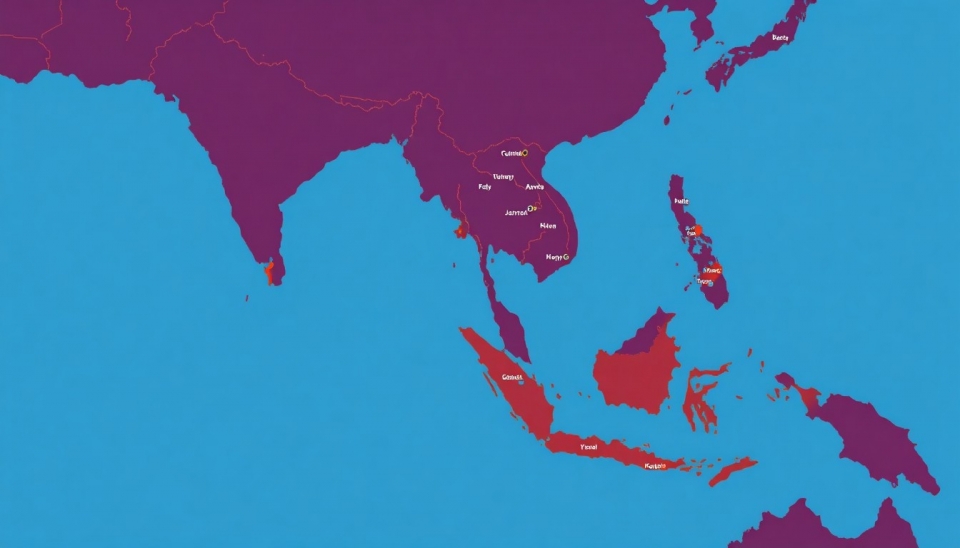
In recent years, the global technology landscape has shifted dramatically due to advancements in artificial intelligence (AI). However, startups in Southeast Asia are finding themselves left out of this transformative wave. A report details how while major regions such as the United States and Europe are experiencing significant growth spurred by AI innovations, Southeast Asia's startups are struggling to keep pace.
Investment in artificial intelligence has surged globally, with leading venture capitalists pouring billions into tech firms that utilize AI effectively. In contrast, the Southeast Asian startup scene, although vibrant, has not seen comparable investment levels in AI-driven technologies. The report highlights a concerning trend: while Southeast Asia is home to a multitude of tech entrepreneurs and startups, the region's overall expenditures on AI-related ventures lag significantly behind those in other major markets.
Experts suggest that this disparity can be attributed to several factors, including a lack of access to advanced technologies and skilled labor, as well as insufficient infrastructure to support AI development. Additionally, regulatory frameworks in some Southeast Asian nations have not adapted quickly enough to encourage AI growth, thereby hindering the startups that could potentially lead the charge in this sector.
Moreover, vibrant ecosystems present in regions like Silicon Valley are missing in Southeast Asia. The support network, including incubators and accelerators, that facilitates innovation in more established tech markets is still developing in Southeast Asia. As a result, younger companies are finding it challenging to scale, secure funding, and attract top talent—all critical elements for capitalizing on the AI boom.
Despite these obstacles, there are indications that the tide may be turning. Some governments in Southeast Asia are starting to recognize the importance of investing in AI and have initiated programs aimed at fostering a more conducive environment for technology startups. Several countries in the region have also launched national AI strategies, signaling a commitment to harnessing technology for economic growth.
In light of these developments, the call for increased collaboration among startups, governments, academia, and the private sector has become more pronounced. Encouraging partnerships could bolster innovation and pave the way for a thriving AI-centered ecosystem in Southeast Asia. Industry leaders argue that if the region can effectively tap into its rich pool of talent and resources, it could emerge as a significant player in the global AI landscape.
To mitigate the risks of falling further behind, stakeholders must come together to develop comprehensive strategies that enhance technological infrastructure, improve educational offerings related to AI, and create supportive policies for startups. With the right moves, Southeast Asia can position itself to capitalize on the AI revolution and not miss out on the tech boom reshaping the world.
As the region navigates these challenges, the next few years will be critical. If Southeast Asian startups can leverage collaboration and government initiatives, they may still be able to turn the tide and be integral players in the AI-driven future.
#SoutheastAsia #Startups #AI #TechBoom #ArtificialIntelligence #Investment #Innovation #EconomicGrowth #TechEcosystem #Collaboration
Author: John Miller




